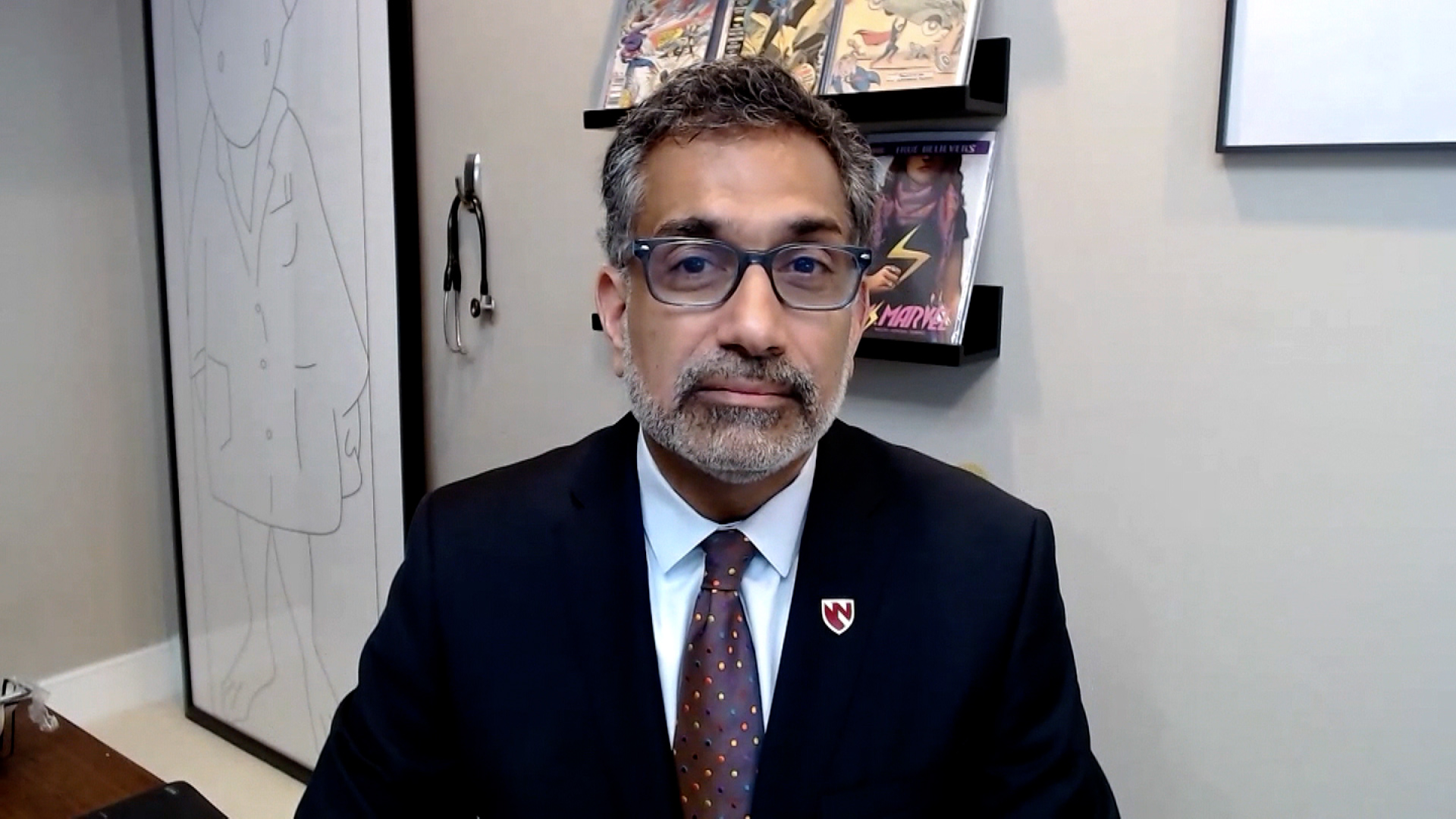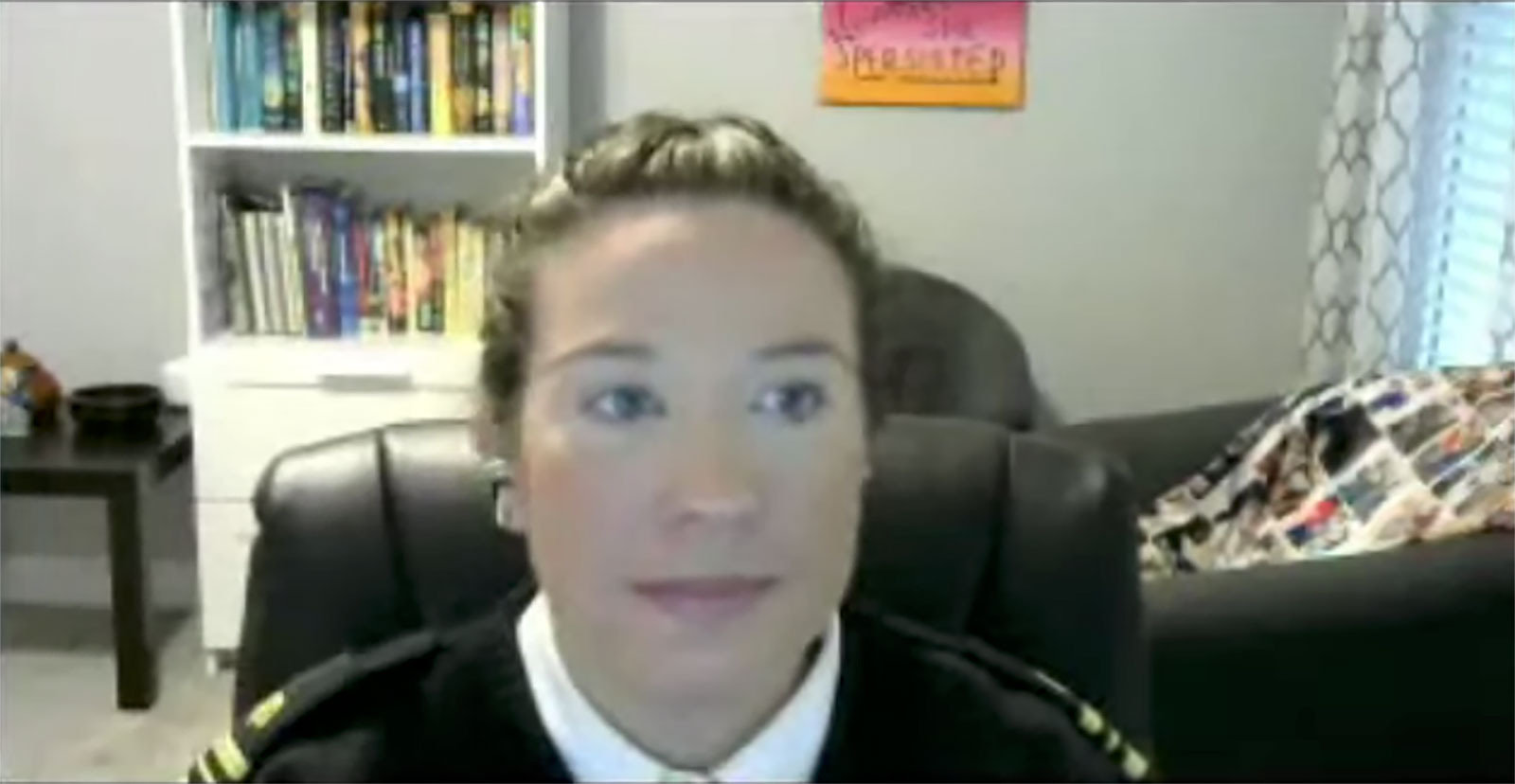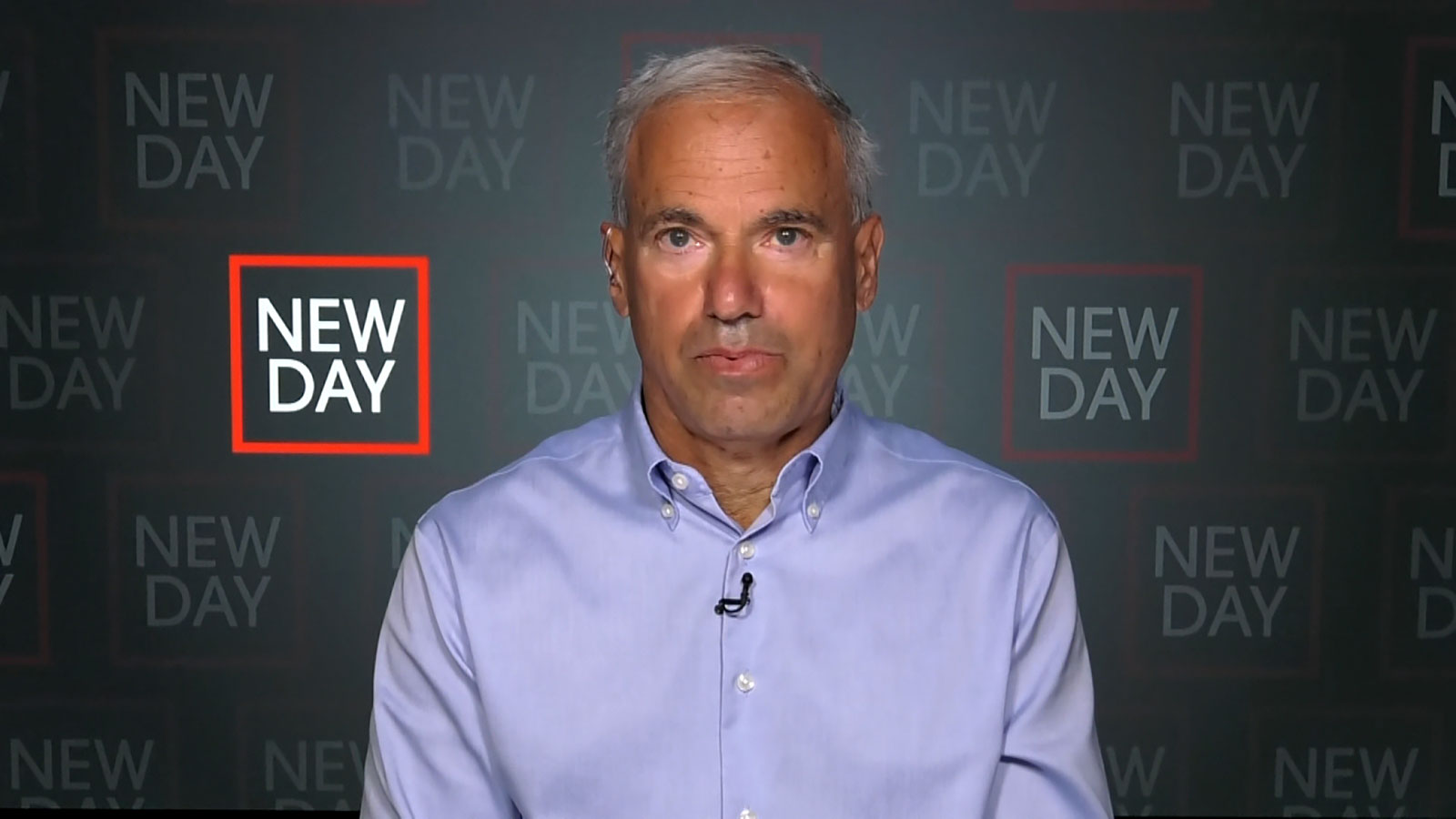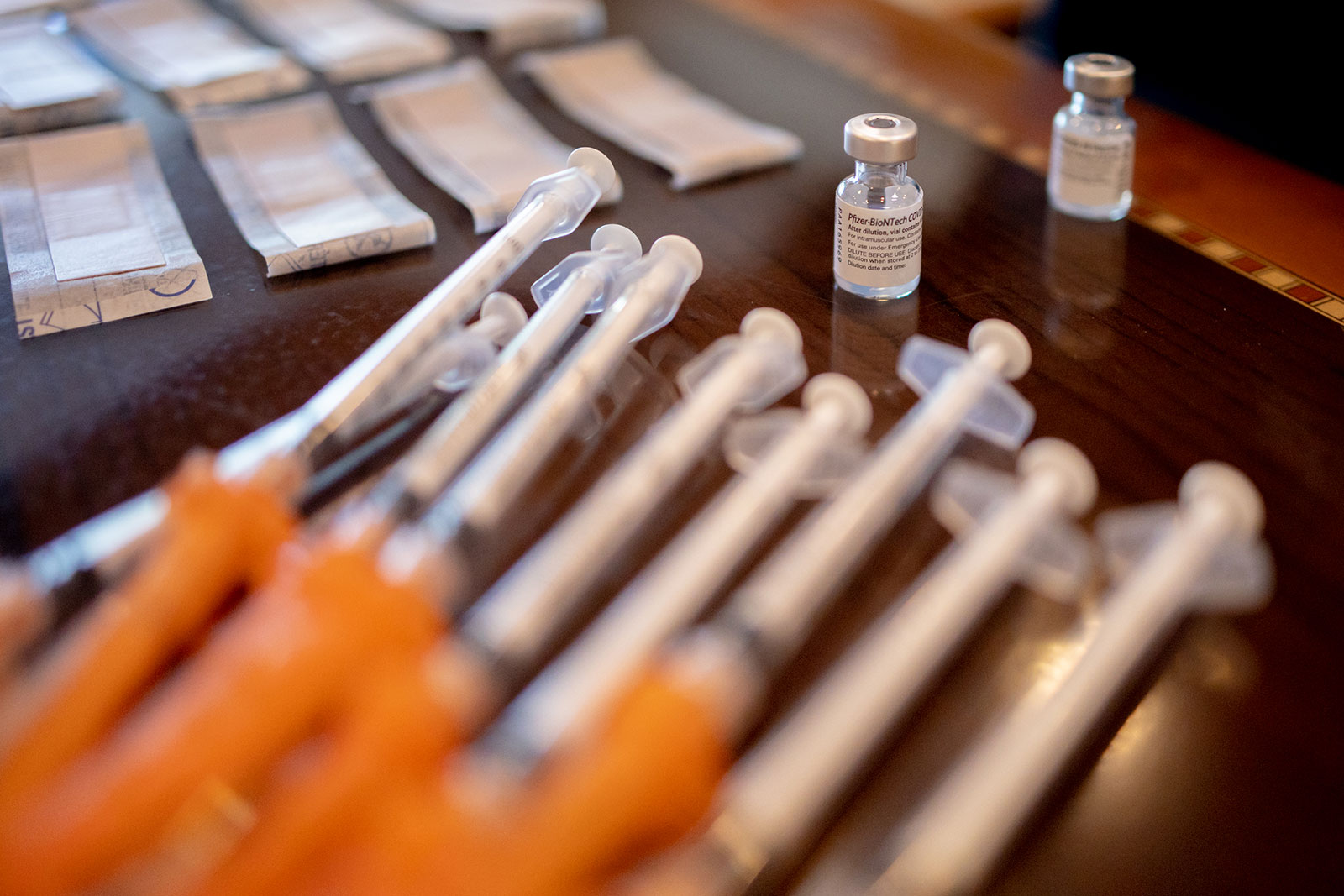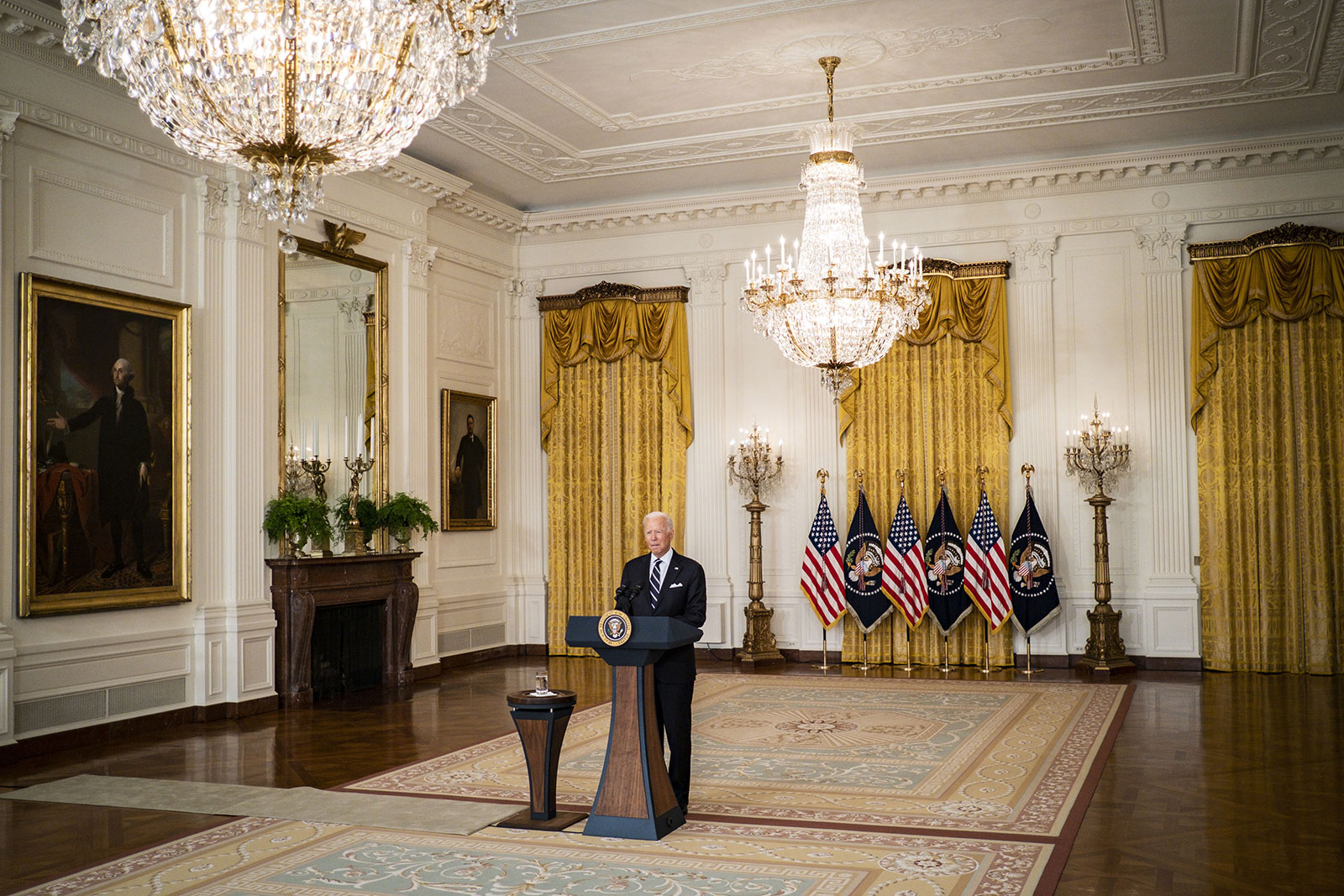Compared to White children, kids of color in the US have borne the brunt of the Covid-19 pandemic.
These children had more cases, deaths, and have had more mental health and academic problems related to the pandemic. While the most vulnerable, they’re also less likely to be vaccinated, according to a new analysis.
The analysis published Thursday by the Kaiser Family Foundation found that the race-based disparities among children mirrored those among adults.
Compared to White children, Black, Hispanic, and Asian children were less likely to be tested for Covid-19, but were much more likely to be sick with it.
Infection rates were highest – at more than 500 cases per 10,000 children – among American Indian and Alaska Native children, Native Hawaiian and Other Pacific Islander children and Hispanic children. White and Black children had similar number of infections with about 300 cases per 10,000 people. Asian children had the lowest infection rate at a little over 200 cases per 10,000.
While Covid-19 hospitalization and death are rare among children compared to adults, those kids who were hospitalized were more likely to be Black and Hispanic. Black and Hispanic kids were also more likely to have a Covid-19 related condition called MIS-C – multisystem inflammatory syndrome in children – and Black children were more likely to be admitted to intensive care for it.
Black, Hispanic, American Indian and Alaska Native children were more likely to die from Covid-19 than White children.
More data: When it comes to school, half of the parents of Hispanic children said their children fell behind academically during the pandemic, compared to a third of White parents who said the same.
Half of Hispanic parents said their children had difficulty concentrating on their school work and also had problems eating, sleeping and had frequent stomach aches and headaches during the pandemic. About 40% of White parents said their children had the same complaints.
Researchers say there is a “dearth of data” to understand vaccination rates by race among children. From the seven states that reported this information, the vaccination rate for White children was higher than for Black children. In Connecticut and Wisconsin it was higher for White children than for Hispanic children. Vaccines are authorized for kids 12 and older in the US.
“Because children make up a significant share of the population and are more racially diverse than the rest of the population, equitable vaccination among this group is key for achieving an overall high rate of vaccine coverage among the population and may help to reduce disparities in vaccination rates more broadly,” the report said.
